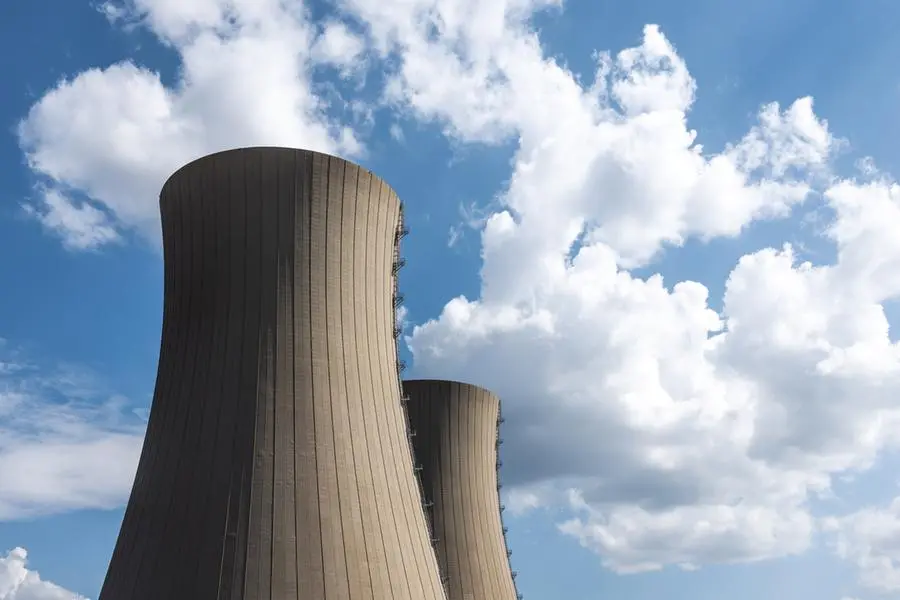PHOTO
The long-term nuclear plan outlined by the Department of Energy (DOE) is 'too long, too late' due to the climate emergency, a climate analyst said, suggesting instead the prioritization of building renewable energy facilities.
'Prioritize renewable energy, primarily solar and wind as the alternative to fossil fuels because solar and wind are ready now and there is no need to wait 10 years,' Asian Peoples' Movement on Debt and Development (APMDD) senior lead Paolo Pagaduan told The STAR.
While other energy experts welcomed the plan, including DOE Undersecretary Sharon Garin, Pagaduan said he is 'not as keen into pursuing nuclear energy programs.'
The Nuclear Energy Program Inter-Agency Committee (NEPIAC) is now on the second phase of planning, which is expected to last at least 10 years.
'I was hoping that the plan would be a bit faster,' Pagaduan said. 'Ten years down the line is too long because that's 10 years too late because of our climate emergency now.'
Moreover, Pagaduan said there is no need to wait for new laws and policies, and that resources should be allotted into installing more solar and wind sources of energy.
Think tank Climate Analytics reported in November 2023 that the Philippines must phase out coal-fired power plants by 2035, and entirely get rid of gas-fired generation by 2040.
Fossil fuels still dominate the country's energy mix, accounting for 78 percent of aggregate power generation in 2022. Meanwhile, the Philippine Energy Plan 2023-2050 shows growth in renewable energy.
'The Philippines has enough cost-effective renewable resources to both replace fossil fuels in the power sector and meet future energy demands,' Climate Analytics stated.
For her part, Garin said the 10-year plan is rather 'too fast,' and that there is no need to rush the construction of nuclear energy in the country if there is a question on safety.
'We have to make sure it's safe, that there's no risk of us getting into a disaster. We need to follow each and every rule because if you are rushing because you want it fast, then you might bypass some other requirements,' Garin told The STAR.
NEPIAC, according to Garin, has been in three provinces so far for site inspections and eyeing on building the plant in the western part of the Philippines.
In addition, the committee is also reviewing the requirements and necessary standards imposed by the International Atomic Energy Agency (IAEA) for the nuclear power plant.
She added that additional training will also be provided to the police and local communities living near the designated site.
The design and construction also needed to be factored in, particularly the standard materials in building the power plant. Since the Philippines is a member of the IAEA, the construction of nuclear energy facilities must be pursuant to the international guidelines.
'I don't want to sacrifice safety,' she said.
Copyright © 2022 PhilSTAR Daily, Inc Provided by SyndiGate Media Inc. (Syndigate.info).





















